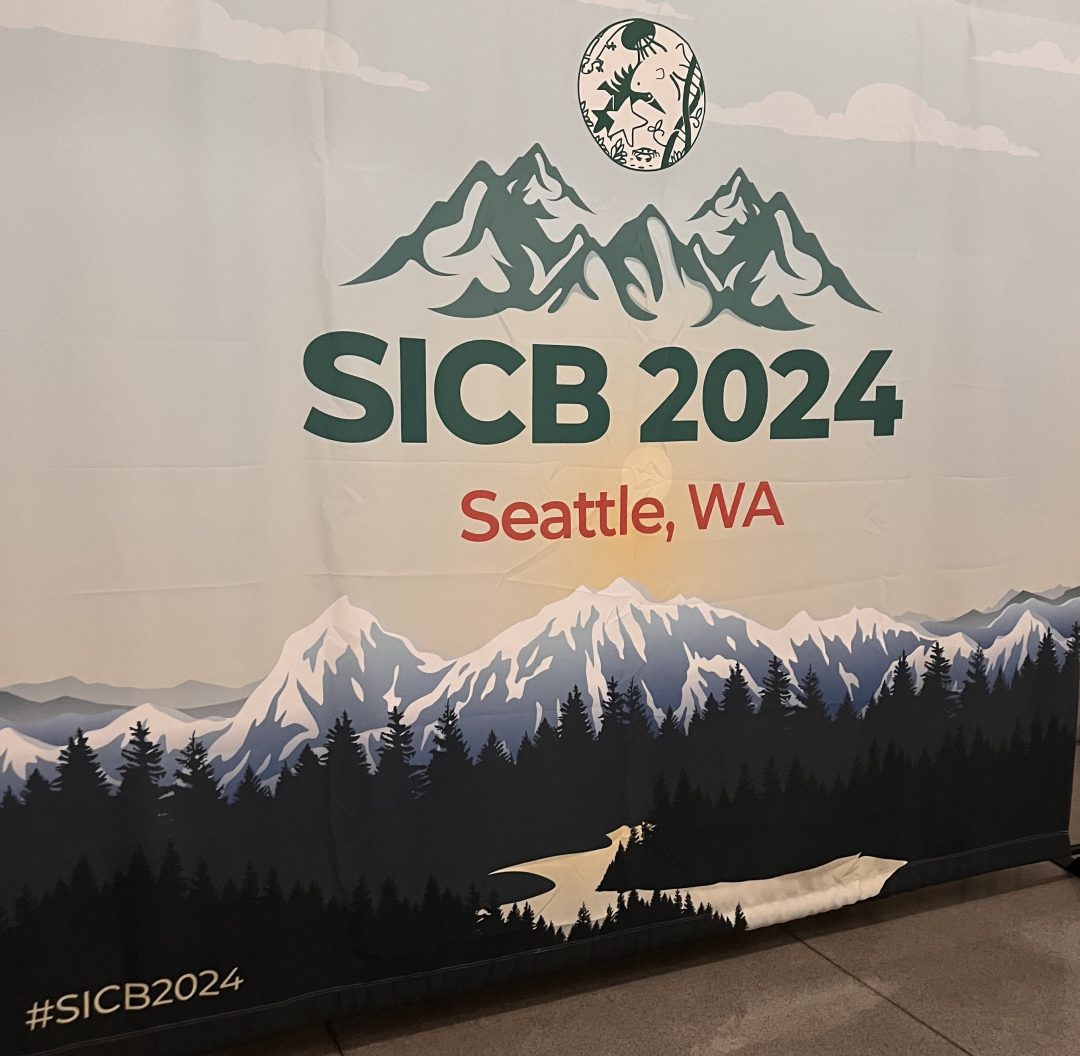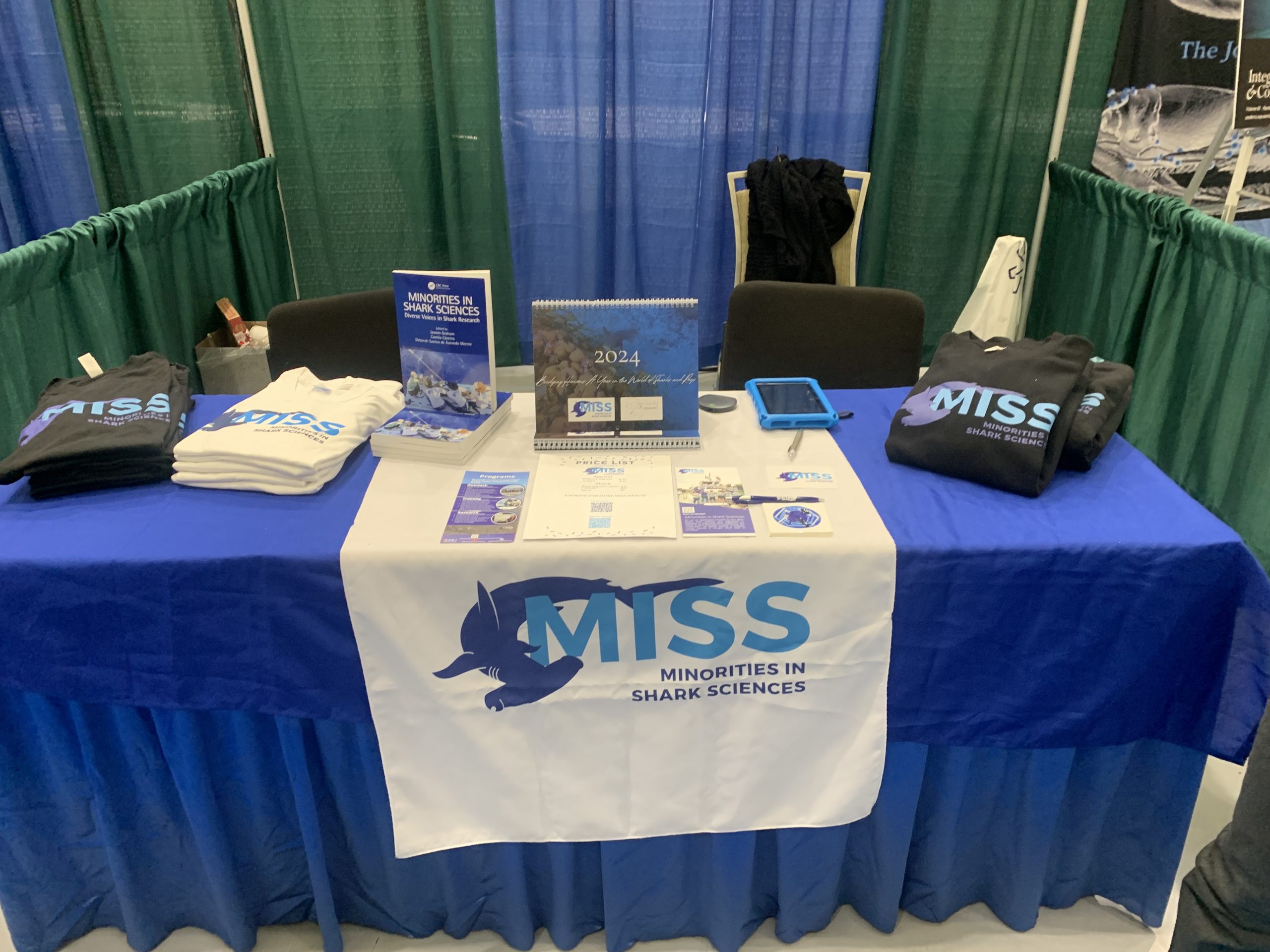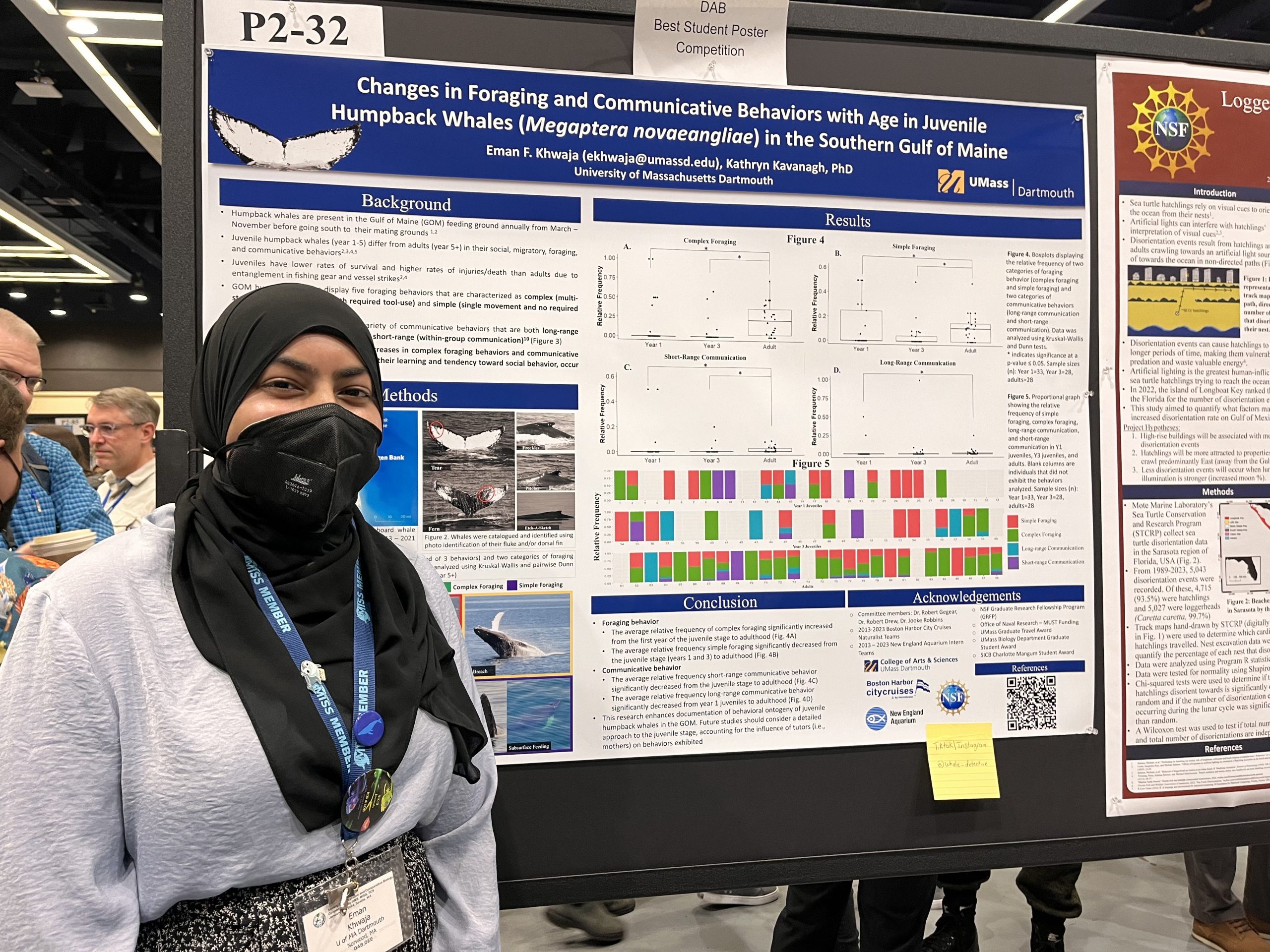If you want to make a conversation very awkward very quickly, tell a bunch of shark scientists you have been a producer on Shark Week. Talk about jumping into dangerous waters…
This is exactly where I found myself when asked by the MISS foundation – Minorities in Shark Science – to come to Seattle, Washington to teach a media workshop. This was all part of the annual conference for the Society of Integrative and Comparable Biology (SICB).
Love it or hate it, Shark Week and other forms of mass media are a fantastic way to connect with the public, raise awareness, and incite action – if done correctly. In a world where misinformation is spread like crazy, media professionals rely on experts more than ever to effectively communicate STEM principles. In my hour long workshop, I taught science professionals how to navigate through various means of media, tell an effective and impactful story, and learn tips on how to control the narrative to protect their scientific integrity.
Being one of the first workshops of the entire conference, I had no idea how many people would show up or even if they would be able to stay awake – rightfully so, people traveled from all over the world. I intentionally included lots of visuals and interactive activities to keep everyone from nodding off. Yet, I was still worried about the reception I would receive from the crowd, being that I was the producer who certainly at one point in my career has sensationalized a story or two (it is entertainment after all) to a room full of very talented science professionals.

MISS co-founders Jaida Elcock Director of Public Relations (left) Jasmin Graham, M.S. President & CEO (middle) Amani Webber-Schultz Chief Financial Officer (right) Photo Credit: Jaida Elcock
Despite my fears, I was welcomed into the MISS community with open arms. With all the credit going to Jasmin Graham and the other amazing founders. This incredible group of women are determined to help open doors in marine biology and shark science for other minorities. The marine science world, like many other careers, seriously lacks diversity. And in the last few years, DEI (diversity, equity, and inclusion) programs have taken a major hit with even more states considering banning initiatives. It’s clear that non-profits like MISS are needed more than ever right now.
While I went into SICB thinking I was going to be teaching, I found myself learning more than I ever could have imagined. Diversity promotes innovation and discovery. And MISS is ensuring science is for EVERYONE.




